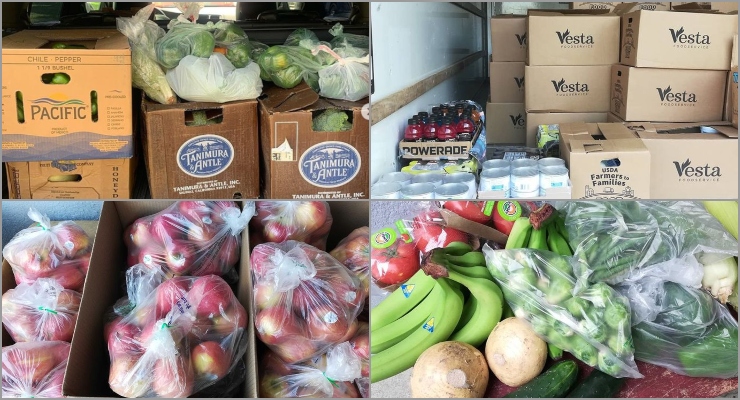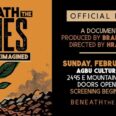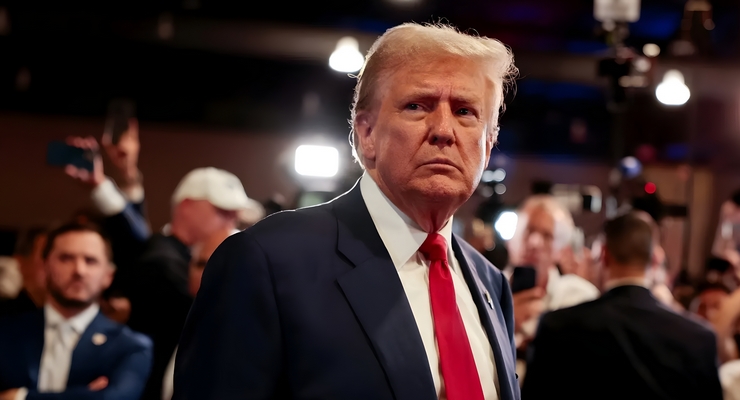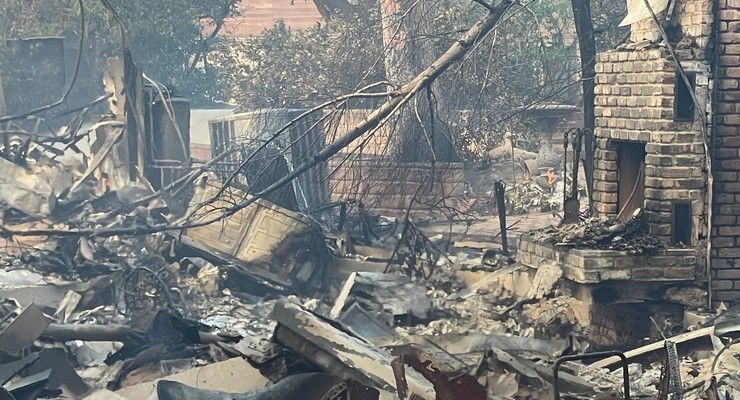
Few have been left unscathed by the COVID-19 pandemic over the past year. Some people, however, have been hit harder than others.
A new group of grassroots volunteers called the Pasadena People’s Collective (PPC), founded in January by local residents, is providing mutual aid to their neighbors in need in Pasadena and surrounding communities.
“The pandemic really made it clear just how many people are on the brink,” said PPC founder August Walters. “People are experiencing homelessness and trying to make ends meet, and COVID only exasperated those problems. Our goal is to build up a community that’s helping to alleviate some of those needs in places where we haven’t seen those being met.”
Walters, a Pasadena resident for the past seven years, formed PPC as an extension of Mutual Aid Network Los Angeles, which provides the LA community with material support in response to the pandemic. That group “split up from being a single program operating countywide to being a bunch of more local groups being able to engage more directly with local communities,” Walters said. “We had an active volunteer network in Mutual Aid Network LA, and we contacted people that have either volunteered for us or received aid from us in the past to see if they would be interested in being part of this neighborhood program that we were transitioning into.”
Up to seven people hold PPC meetings regularly to handle logistics, field requests and establish partnerships. A broader group of volunteers help pack hygiene kits, deliver groceries and fulfill other aspects of the organization’s mission.
PPC has been collaborating with Pasadena for All, a houselessness advocacy organization in Pasadena, to put together hygiene kits to distribute to people in need in the Old Pasadena area and other areas around the city. They have also purchased and delivered about $500 worth of groceries. They collaborate with other groups as well, such as the Pasadena Community Job Center and the San Gabriel Valley branch of CAT-911, a network of people who respond to community needs as an alternative to law enforcement in areas such as conflict resolution between neighbors, police, domestic and sexual violence, mental health crises, and acute first aid needs.
So what is mutual aid?
“For us that means solidarity, especially with the people who have been most affected by the pandemic, with a focus on building up the community as opposed to having one-off transactions,” Walters said.
According to the group’s request form, in mutual-aid systems people “work cooperatively to meet the needs of everyone in the community. It’s different from charity, which features a one-way relationship between an organization and recipients, and often responds to the effects of inequality but not its causes. Mutual aid is an act of solidarity that builds sustained networks between neighbors.”
According to a report co-authored by Peter Dreier, a political science professor at Occidental College and Mark Maier of Glendale Community College, Pasadena “ranked second among California’s largest cities for both income concentration and wealth gap between the richest and poorest households” as of 2019.
“The richest 5 percent of Pasadena households have 25 percent of residential income, while the poorest 20 percent of households have 2.2 percent of residential income. Likewise, the median price of a single-family home in Pasadena has risen 41 percent over the past five years, from $680,00 to $960,000,” the report states. “Many of our Pasadena neighbors are struggling just to pay rent and keep food on the table. Mutual aid provides an alternative to government assistance and understands that elected officials and government programs will not save us. It is up to us to support each other and to share skills, money and other resources so that everyone in our community can survive.”
Counting the hygiene kits, produce boxes, grocery deliveries and connecting those in need to existing local nonprofits, Walters said PPC and its partners have already helped hundreds of people.
“In terms of how many people have received some form of aid, it’s quite a few hundred at this point, though I want to make it clear that in some of these cases, we’re working with organizations like Pasadena for All,” Walters said. “We’re pointing volunteers to existing programs. That’s been our niche: identifying organizations that are already entrenched in the community and already know what the issues are and what support people need. We’ve been finding resources and people to make sure they’re able to complete those requests.”
Although the collective was organized in response to the pandemic, Walters would like to see the group’s efforts continue after the pandemic winds down, while also ensuring that organizers don’t stretch themselves too thin.
“It’s very easy to burn out on organizing,” Walters said. “A lot of us have full-time jobs. There are so many people who are in need that there’s really no point at which we can say the work is completely done. These problems existed before the pandemic and they’ll continue to exist once the pandemic ends. It just made it clear how bad things were and it made existing problems worse. I would love to see our volunteer network grow and to also identify new ways we can contribute to new partnerships with other organizations so we can help out.”
For those who want to submit a request for aid, PPC has set up a request form online. People can also call or text the collective’s phone number, (323) 577-8824. More information is available on Instagram @pasadenacollective, on Twitter @pasadenapeople or by emailing pasadena.peoples.collective@gmail.com.
For those who want to volunteer or give aid, PPC has set up a separate request form online. People can also donate through the Cash App handle $pasadenacollective.
All of these resources are available at linktr.ee/pasadenacollective.
“There is a sense that organizing is a huge commitment and a really daunting task, and there are ways to get more involved to that degree if people are interested, but we’ve had people who reach out who have a weekend free and ask what they can do to help,” Walters said. For example, you can make a donation or “you can spend a couple hours assembling hygiene kits and then deliver them. There are ways to get involved and help without making a huge long-term commitment.”
Similar efforts to help neighbors have also sprung up during the pandemic, one of the most collectively challenging times for society since at least World War II. On Facebook, Pasadenans can join a hyper-local Buy Nothing group in which you can “ask” for an item you need or “give” items to those who need them. In this free-exchange project, there is no buying or selling, no trading or bartering and no soliciting for cash. It is an adult-only, hyper-local gift economy.
“Buy Nothing. Give Freely. Share creatively. We offer members a way to give and receive, share, lend and express gratitude through a worldwide network of micro-local gift economies in which the true wealth is the web of connections formed between people who are real-life neighbors,” reads the project’s About page on Facebook. “Post anything you’d like to give away, lend or share in this Buy Nothing community group. Ask for anything you’d like to receive for free or borrow. Keep it legal. Keep it civil.”
Learn more at facebook.com/BuyNothingProject and buynothingproject.org, or find a group at buynothingproject.org/find-a-group.


















